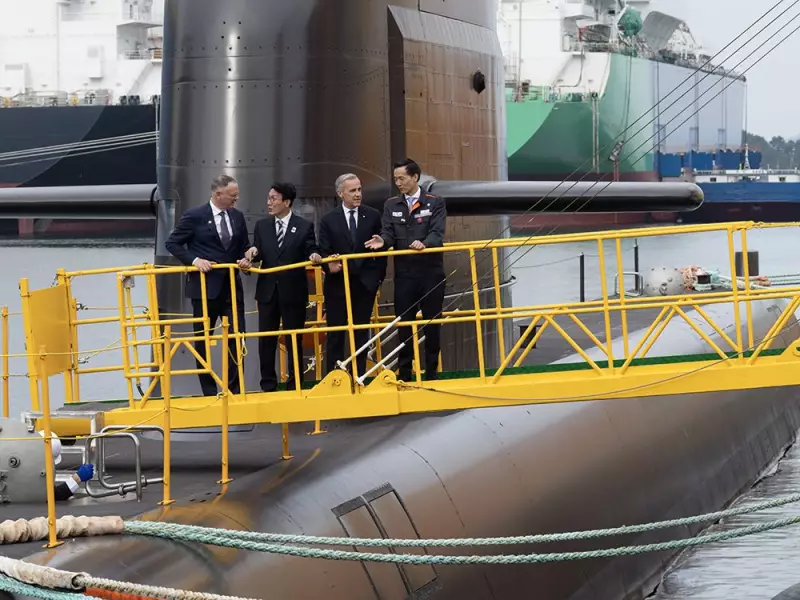
In a dramatic shift that's catching allies and analysts by surprise, Canada appears to be shaking off its long-standing complacency about national defence. The Trudeau government is signalling what could be the most significant reinvestment in military capabilities in a generation.
A Historic Reversal After Years of Neglect
For decades, Canada has been the NATO member that consistently failed to meet the alliance's defence spending target of two percent of GDP. While allies watched with growing frustration, Canada's military capabilities eroded, equipment aged, and the country's ability to contribute to collective security diminished.
Now, amid growing global instability and direct pressure from NATO partners, Ottawa seems to be having a change of heart. Defence Minister Bill Blair's recent statements suggest the government is preparing to present Canadians with a sober assessment of global threats and a credible plan to address them.
The Urgent Need for Modernization
The requirements are substantial and span multiple domains:
- NORAD modernization: The North American Aerospace Defence Command requires billions in upgrades to counter new hypersonic and cruise missile threats
- Equipment replacement: Aging fighter jets, naval vessels, and armoured vehicles need replacement
- Personnel retention: The Canadian Armed Forces face critical staffing shortages across all branches
- Arctic sovereignty: Growing international interest in the Arctic demands enhanced presence and surveillance capabilities
Global Realities Forcing Change
Russia's ongoing aggression in Ukraine has served as a wake-up call for many Western nations, Canada included. The government's recent commitment of additional military aid to Ukraine—including desperately needed artillery shells—demonstrates a recognition that security in Europe directly impacts Canadian interests.
Meanwhile, the changing nature of warfare demands new capabilities in cyber defence, space operations, and artificial intelligence—areas where Canada has significant catching up to do.
The Political Challenge Ahead
Substantially increasing defence spending won't be politically painless. The government must convince Canadians that security investments warrant redirecting funds from popular domestic programs. They'll need to articulate why a country traditionally comfortable under America's security umbrella needs to shoulder more responsibility.
Early indications suggest the government plans to frame this as necessary prudence rather than alarmism—a sensible response to a world that's become demonstrably less stable.
A Turning Point for Canadian Defence?
If the government follows through with the substantial, sustained funding that military leaders say is necessary, this moment could mark a historic turning point. Canada has an opportunity to reclaim its place as a serious security partner and ensure it can defend its vast territory and contribute meaningfully to international stability.
The coming months will reveal whether this new seriousness translates into concrete action or becomes another case of ambitious promises unmet. For now, however, Canada appears to be finally waking up to the dangerous world we inhabit.





